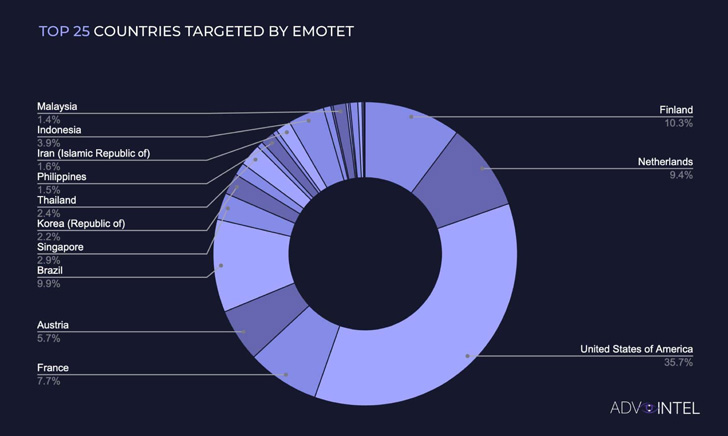iPhone Hacking: Notice sent to Apple, CERT-In has started probe: IT Secretary on hacking attempt threat notification row
iPhone Hacking: The government’s cybersecurity agency CERT-In has started its investigation into the issue of the Apple threat notification received by several opposition MPs, and a notice has been sent to the company, IT Secretary S Krishnan said on Thursday.
The move assumes significance as the Minister of State for Electronics and IT Rajeev Chandrasekhar had earlier this week said that the government wants Apple to clarify if its devices are secure and why ‘threat notifications’ were sent to people in over 150 countries, given the company’s repeated claims about its products being designed for privacy.
The government will investigate the threat notifications and also Apple’s claims of being secure and privacy-compliant devices, Chandrasekhar had penned in a post on X (formerly Twitter) on Tuesday, after several opposition leaders claimed ‘state-sponsored’ attack notification were sent to them from Apple and the government ordered a probe.
IT Minister Ashwini Vaishnaw has categorically rejected the opposition’s attack on the government, saying “compulsive critics” were indulging in the politics of “distraction”, as they could not tolerate the country’s progress under the PM’s Narendra Modi leadership.
On Thursday, S Krishnan, Secretary, IT Ministry confirmed that notice has been sent to Apple.
“CERT-In has started its probe… They (Apple) will cooperate in this probe,” Krishnan told reporters on the sidelines of an event related to the Meity-NSF research collaboration.
Indian Computer Emergency Response Team or CERT-In is the national nodal agency for responding to computer security incidents as and when they occur.
Asked if a notice has been sent to Apple, the IT Secretary answered in the affirmative. Apple did not reply to an email by PTI seeking comments on the notice.
Several opposition leaders on Tuesday claimed they have received an alert from Apple warning them of “state-sponsored attackers trying to remotely compromise” their iPhones and alleged hacking by the government.
Those who received such notifications included Congress chief Mallikarjun Kharge, party leaders Shashi Tharoor, Pawan Khera, K C Venugopal, Supriya Shrinate, T S Singhdeo and Bhupinder S Hooda; Trinamool…







